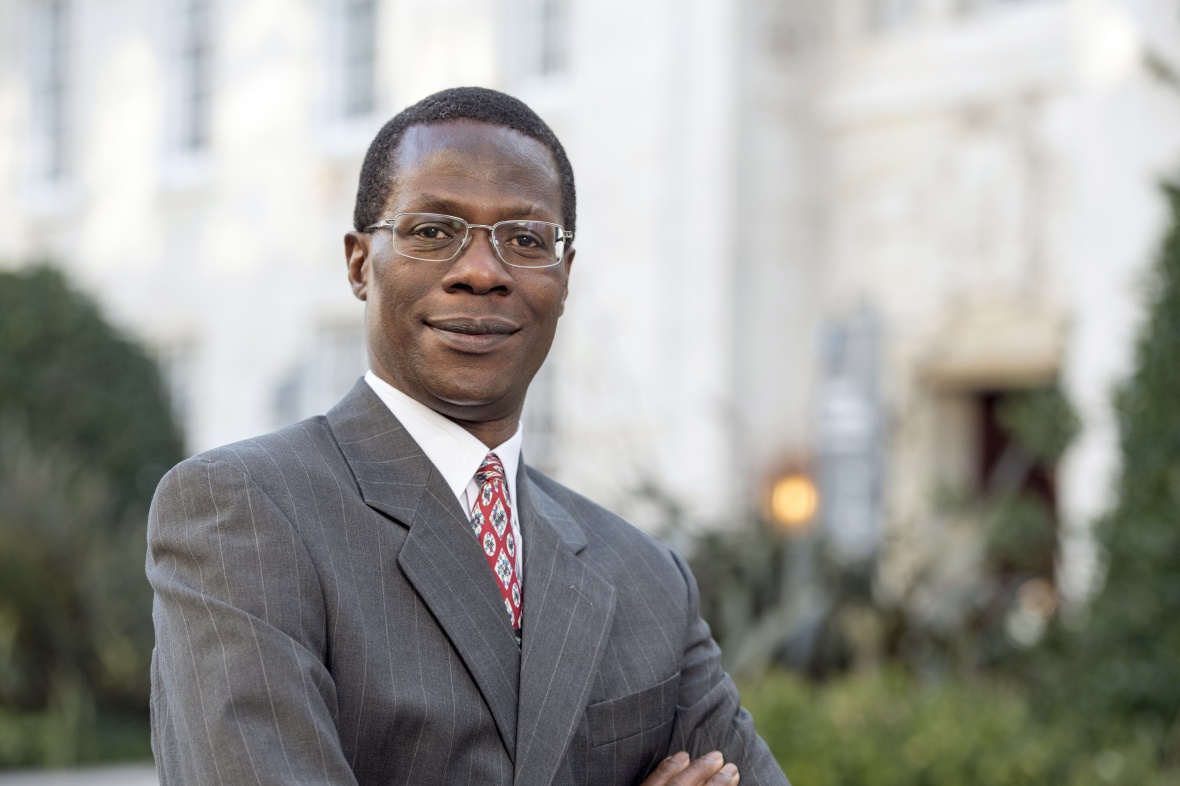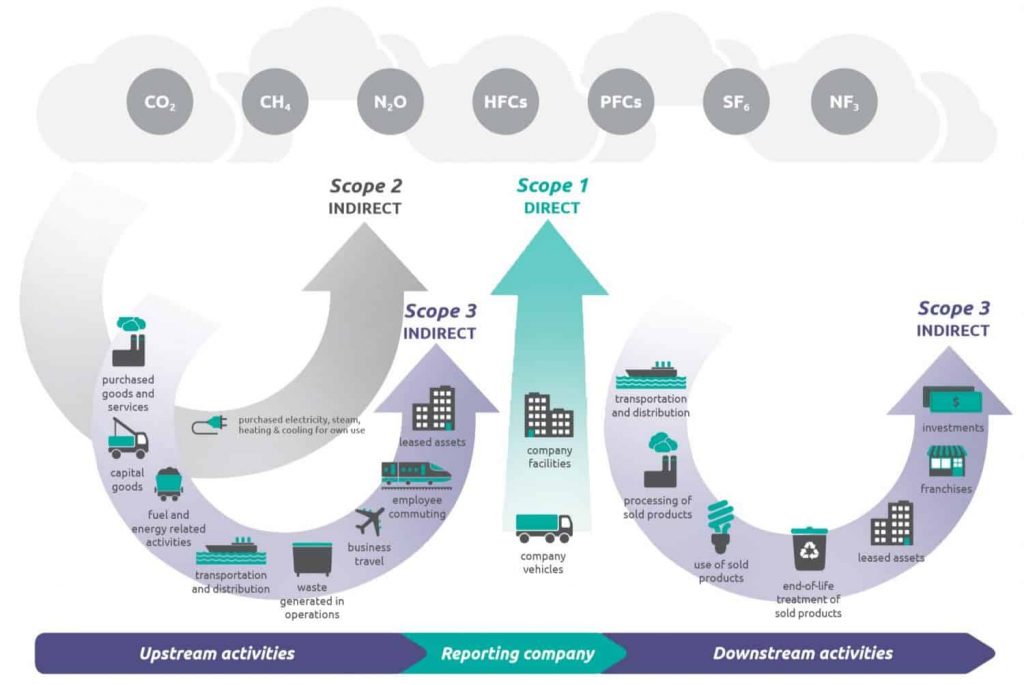
August 7, 2023, by sustainablenottingham
Interview with Prof Robert Mokaya, Chair of Environmental Sustainability Committee
Recently announced in the latest cohort of Fellows of the Royal Society, Robert Mokaya, Professor of Materials Chemistry and Pro-Vice-Chancellor for Global Engagement is the Chair of the Environmental Sustainability Committee at the University. We met with him to discuss his role on the committee as well as all things sustainability at the University.
How would you introduce yourself and your role at the University?
I am the Pro-Vice-Chancellor for Global Engagement and I chair the Environmental Sustainability Committee (ESC) for the University, where I’m responsible for strategic efforts towards sustainability. Within the University Executive Board, I’m responsible for championing sustainability and ensuring it remains a top priority.
The ESC has a specific KPI (key performance indicator) to reduce scope 1 and 2 carbon emissions by 63% by 2030. Currently our UK campuses produce just under 40,000 tonnes of CO2 per year. The ESC oversees emissions measurements and works towards meeting our targets. My role is to ensure the University has the correct infrastructure and people in place to make that happen. It’s also important to ensure we embed the right culture across the University to continue meeting and even exceeding the KPI.

Scope 1, 2 and 3 emissions relate to different elements of an organisations operations
CO2 reduction is not the only target, there are other ambitions around sustainability, detailed in our strategy, ranging from how we source campus food and how staff and students travel to work, to ensuring our campus is as biodiverse as possible.
It’s crucial that our goals closely align with broader University strategies to avoid working in silos. By fostering connectivity and synergy, we ensure our efforts contribute to the overall benefit and advancement of the University.
What inspired you to pursue sustainability not just in the committee role but in your research careers as well?
As a materials chemist, my research has focused on porous solids, which play a key role in sustainable energy applications as catalysts and adsorbents. Porous materials may be used for carbon capture and storage, hydrogen storage and as electrodes for supercapacitors, all of which are connected to how we can access energy sustainably.
I firmly believe that sustainability is a cause that can be championed by anyone with no limitation to a specific field or background. What is essential is a high level of awareness and understanding regarding the challenges we face and being proactive in taking action.
Can you tell me about the Environmental Sustainability Committee (ESC) as a whole?
It is a committee of the University Executive Board, and a tri-campus committee with members from the UK, Ningbo and Malaysia campuses. It has membership from professional services; Estates, Procurement, Finance, and External Relations, alongside a number of academics, meaning it has representation across the University.
There are two pillars of what we do at the University; research and knowledge exchange, and teaching. In research we are keen to ensure that we are not only focusing on sustainability but also are adopting environmentally friendly practices throughout our processes. In teaching, we must ensure that we are considering the sustainability agenda in our work and pedagogy. The ESC has sustainability sub-groups on education and student experience, research and operations that meet and address more specific issues and report back to the ESC. This is to make sure that every part of the university has a voice.
What impact has the ESC had on the university? Are there any specific projects or actions that you are proud to have been a part of?

Castle Meadow Campus
Several things have been happening recently. We are carefully scrutinising our supply chains to ensure we benefit from keeping them as short as possible. Within our estates we are ensuring investment decisions consider sustainability. One of the University’s recent major investments was the purchase of the Castle Meadow Campus. The alternative option of constructing a new campus would have been significantly less sustainable.
We have proposals in progress concerning business travel, which is another significant source of carbon emissions. We recognize that every little effort helps, and once we all take these steps collectively, we will see significant impacts.
Now, the most important point is that we are striving for every decision we make to demonstrate sustainability. We take this into account when determining our future direction. Although embedding the cultural shift towards sustainability is still in its early stages, we are seeing it begin to influence the way we operate.
What are the challenges that the committee faces at the moment?
One of the issues on my mind is the need for buy-in, ensuring that everyone understands that is it not solely one person who has all the answers, but rather what we can all contribute collectively. Therein is the cultural change that is required. We must all be tuned in and on the same page, regardless or our role within the University, and view sustainability as an integral part of our responsibilities. It should become a normal part of our business as usual. If we do not do this, we will hit a barrier in the future – we are not going to achieve our goals as an organisation unless we allow ourselves to do things differently, and that might not always be comfortable.
No comments yet, fill out a comment to be the first

Leave a Reply